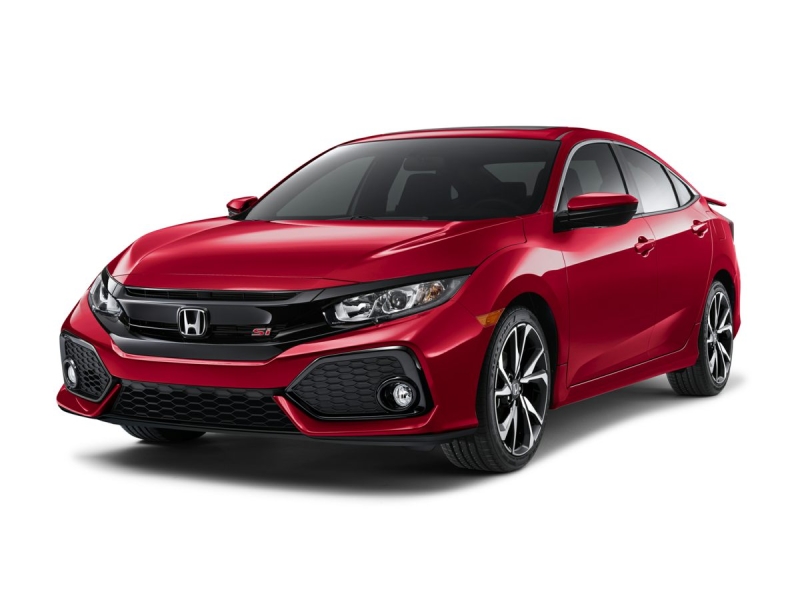When we say Hondas are incredibly dependable vehicles, what does that mean? In simple terms, a dependable vehicle is one that consistently starts when you turn the key, ensuring you get to your destinations like school or work without issues. More importantly, a dependable vehicle runs smoothly with regular maintenance, reducing the need for frequent trips to the repair shop for recurring problems. Overall, a reliable vehicle lasts for years with minimal concerns about costly repairs.
For these reasons, owning a reliable Honda can save you money in the long run, making Honda one of the most budget-friendly choices. Honda’s track record of reliability has earned it top ratings for trustworthiness and affordability from publications like Consumer Reports since its introduction to the US market in the 1970s.
However, Honda’s commitment to reliability goes beyond just avoiding breakdowns. The company has honed its production process to create long-lasting, well-performing vehicles. As a result, respected industry organizations like JD Power consistently rank Honda among the most reliable brands.
What Makes Honda So Reliable?
The foundation of vehicle reliability starts in the design and manufacturing processes. Honda, along with Toyota, has not only perfected but also improved upon the once-American model of production process control. Honda’s meticulous monitoring of the entire production process ensures a superior level of quality control. This, coupled with a strong focus on design detail, cements Honda’s status as one of the most reliable automakers.
How Does Honda Maintain Reliability?
Besides stringent design and manufacturing processes, maintaining quality is essential. Honda achieves this by using the highest standards for its original parts, reducing performance degradation due to wear and tear or faulty components. Honda also maintains high quality standards for parts supplied by other companies.
In case issues arise with their models, whether in the manufacturing process or with parts from other suppliers, Honda uses a process called root cause analysis to identify and address the problem at its source. This proactive approach is more effective than reacting to issues after they occur and helps prevent future problems in subsequent models.
Choosing a Used Honda
If you’re on a budget and considering a used Honda, you might wonder if it’s worth it. Used Honda models offer several advantages over new ones:
- Many used Honda vehicles can last well beyond 200,000 miles with proper care.
- They experience less depreciation than new models and retain their value.
- Used Honda vehicles come with a vehicle history report detailing their driving history and maintenance.
- There are more pre-owned Honda models available compared to new ones, making them easier to find.
- Used Honda vehicles are backed by positive consumer reports, and as long as you follow the recommended maintenance schedule, they offer a reliable and long-lasting transportation option.
Honda Civic Reviews for Used Cars
The Honda Civic is a popular choice when it comes to used cars. Let’s take a look at some of the different generations and what they offer.
Fifth Generation (1992-1995):
- The fifth-generation Civic, sold from 1992 to 1995, was the first to feature Honda’s VTEC technology.
- It was available in sedan and hatchback styles with various engine options depending on the specific model.
Sixth Generation (1996-2000):
- Introduced in 1996, the sixth-generation Civic had sedan, hatchback, and coupe options.
- Sedans came in three trims with engines producing either 106 hp or 127 hp.
- There was a fuel-efficient 155-hp HX coupe and a sporty Si trim with 160 hp.
- The next generation featured 1.7-liter engines, improved fuel efficiency, and safety, although it lacked anti-lock brakes.
Eighth Generation (2006-2011):
- Many experts prefer the eighth-generation Civics over the ninth generation.
- Standard Civics in coupe and sedan forms had a 1.8-liter engine with 140 hp.
- Variants included the Si with a 2.0-liter engine and six-speed manual transmission, the GX running on natural gas, and the Hybrid with a 1.3-liter engine and electric motor.
Ninth Generation (2012 and 2013):
- The ninth generation received criticism in its first year (2012) for various issues.
- In 2013, Honda made significant improvements to handling, suspension, safety, and style.
- For a great used Civic, consider the eighth generation (2006-2011) or the 2013 model, but avoid the 2012 model.
2015 Honda Civic SE

2017 Honda Civic LX-P

2018 Honda Civic LX
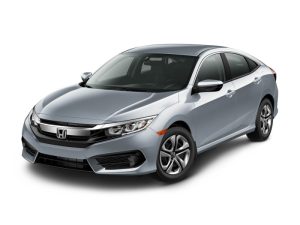
2019 Honda Civic LX

2019 Honda Civic Si

2020 Honda Civic LX

2020 Honda Civic Sport

2020 Honda Civic LX

2020 Honda Civic EX

2021 Honda Civic Sport

1994 Honda Accord (Fifth Generation)
In 1994, Honda introduced the fifth-generation Accord. It’s a great choice for those seeking a dependable, budget-friendly vehicle. This generation marked the debut of Honda’s VTEC variable valve timing system and featured a 4-cylinder engine with the EX-trim level.
2001 Honda Accord (Sixth Generation)
The sixth-generation Accords, produced from 1998 to 2002, are excellent options for used cars. They came in coupe or sedan styles and offered either a four-cylinder or V6 engine. Experts ranked this Accord generation second among nine cars. While it might not deliver an exhilarating driving experience, it’s remarkably user-friendly. Models produced after 2000 feature enhanced safety features, and the model years within this generation are quite similar.
Seventh-generation Honda Accords
The seventh-generation Accords faced substantial complaints, especially in the 2003 model year. Many owners reported transmission problems that required costly repairs. Complaints also covered issues with interior accessories, body and paint, engine, and climate control.
2008-2012 Honda Accords (Eighth Generation)
The eighth-generation Accords (2008-2012) received a significant number of complaints, primarily concerning brake quality. Numerous users experienced premature brake wear at around 26,000 miles. Other grievances included squeaky brakes, warped rotors, scraping sounds, brake vibration, and brakes sticking.
Current Generation and Conclusion
Honda made significant improvements in the current generation, starting in 2013. Complaints have significantly decreased, with most focusing on interior accessory problems rather than severe mechanical issues. If you’re considering a used Honda, the ninth-generation Accord is a solid choice.
Honda Accord Model Year Comparison
For a more detailed analysis of used Honda Accords, it’s essential to consider specific model years. While the 2008 model year received the most complaints, experts advise against purchasing 2003 Honda Accords.
In 2003, there were many issues requiring expensive repairs and negatively impacting mileage. Transmission failures were a major concern. The average cost for 2003 Honda Accord repairs was $2,700, occurring around 97,000 miles. The 2004 model year had similar issues, with an average repair cost of $2,900 at around 110,000 miles. In 2002, complaints mainly focused on transmission slipping, with an average repair cost of $2,400 after approximately 94,000 miles.
2019 Honda Accord Hybrid EX-L

2019 Honda Accord LX
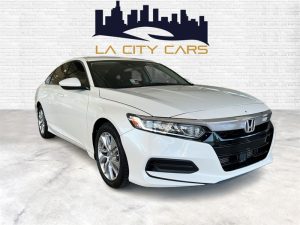
2021 Honda Accord LX
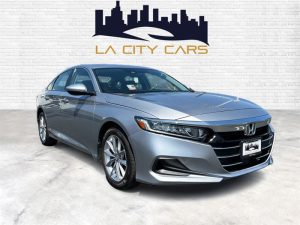
2020 Honda Accord LX
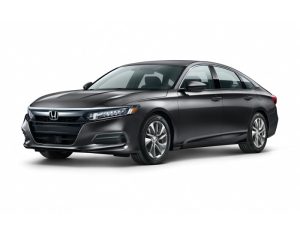
2019 Honda Accord Sport
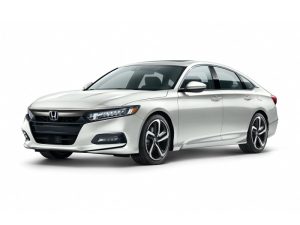
2021 Honda Accord Sport

Find a used Honda at LA City Cars and explore their inventory in Inglewood and La Puente. Honda models are renowned for their quality, no matter which one you choose, from the Honda Civic to the Honda Pilot. Get in touch with them for any questions about their used Honda models.


